I have partnered with my Reading Crew friends to showcase diverse texts and how we can use them in the classroom to enhance instruction. Keep reading to see how I used Let the Children March to enhance history and writing lessons.
**Affiliate links are scattered in this post. That means when you click and make a purchase, I make a small percentage back at no cost to you.**
Book Summary
Back in the 1960's Civil Rights Movement, many adults feared they would lose their jobs if they went out to peacefully protest for their rights. Instead, their children stepped up to march on their behalf. Let the Children March tells the story in such a beautiful way about how our nation's African American children took a stand for their own rights, even at an early age.
Reading Application
This historical retelling of the peaceful protests is perfect for story elements. Since it is a narrative nonfiction, the story is just like a fictional story. Using the book to help with story elements gives the reader an easy way to summarize the story with those story elements. It also helps students sequence the story and retell the events of the story.
Writing Application
So many times we hear historical recounts told by an outsider, a history guru. Instead of hearing that one side, this book encourages readers to see the story from another participant's point of view. After reading the book (along with many others), students can retell a historical event from the viewpoint of another participant. It could be anyone who could have encountered the situation.
Students use the planning page to research a major event and then use it to write historical recount of the story based on what the participant saw. For example, wouldn't you love to hear another sailor's account of the Crossing of the Delaware? Or a child's perspective of the Revolutionary War? Or even a dog's thoughts on the Great Depression?
Historical Implications
Using stories such as these help our students better understand those important events in history. Stories like Let the Children March will help the readers all see that there is always more than one side to every story. We need to listen to every side and show understanding of those historical events and how they impact the lives of everyone.
Now that you have gotten all the way through this post, here is your freebie! You will get the story element Cut and Fold, as well as the planning page and brochure for writing. Just click here or on the image below to grab your freebie.
AND click on the links below to find more amazing resources from some amazing teachers!






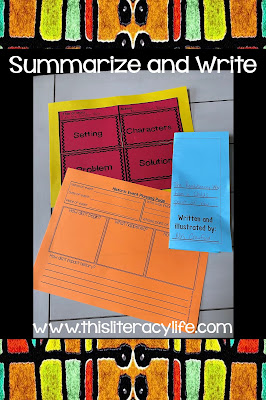


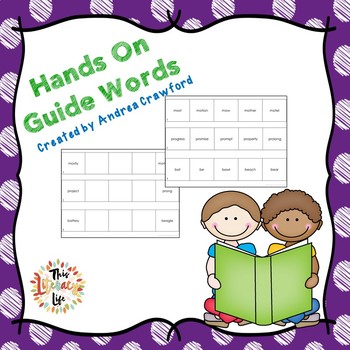
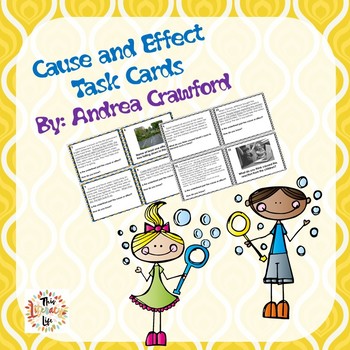
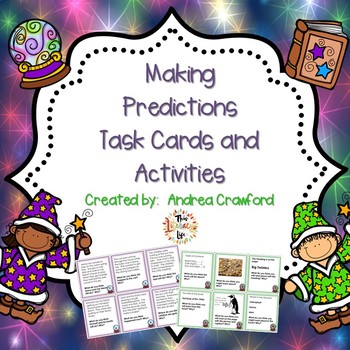
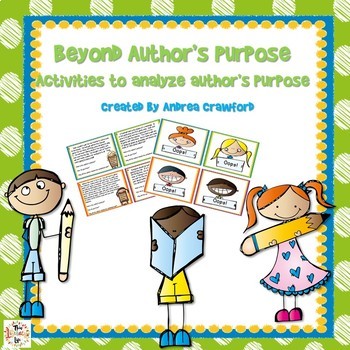
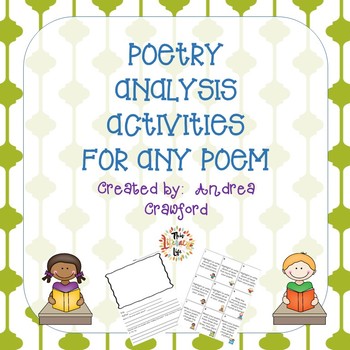
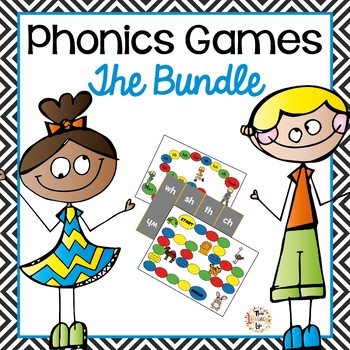
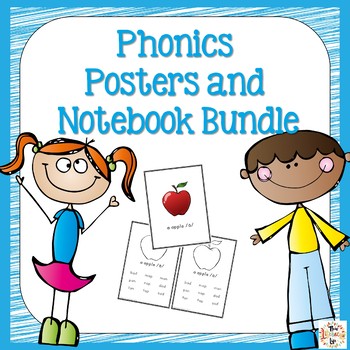
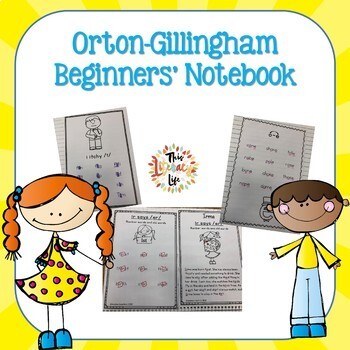







No comments
Leave a comment, tell me your thoughts!